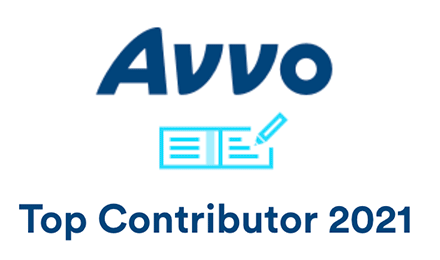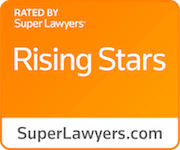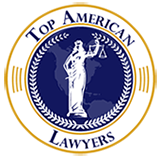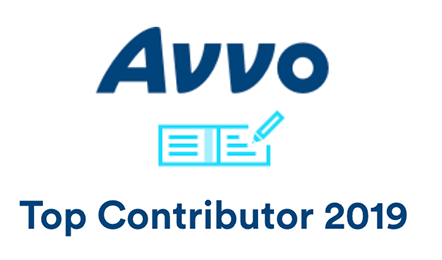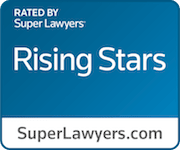Bankruptcy is intended to give those who have found themselves impossibly burdened by debt a fresh start and respite from the stress of collection attempts, creditor telephone calls, some lawsuits, wage garnishments, and other creditor actions. While many debtors think bankruptcy will erase all financial obligations and save their property from foreclosure or repossession, there are certain debts that cannot be erased.
The good news is that under bankruptcy law non-secured credit card balances, personal loans, medical bills, and various other types of non-secured fiduciary obligations can be eliminated. The initial benefit when you file for bankruptcy is that the court orders an “automatic stay,” which gives you a temporary reprieve from collection activity. While your bankruptcy is pending, you can answer the phone without fear and for the first time in months breathe easier.
In the short term, if a foreclosure, repossession, or eviction is pending, it can put those actions on hold allowing you time to regroup and arrange any resources.
There are two types of bankruptcy that people file:
Chapter 7 and Chapter 13. The type of bankruptcy you pursue will depend on your unique financial situation which takes into consideration your available income, assets, property, and goals.
Before you file for bankruptcy, it’s important to know what type of relief each offers.
Chapter 7 bankruptcy is typically for those debtors with limited or no assets, and it may be the best option for those who want to eliminate their qualifying debts altogether. The advantage of Chapter 7 bankruptcy is that you receive a completely fresh start except for non-qualifying debts. Though your bankruptcy is discharged, you will still have to pay secured debts such as a mortgage or it will be foreclosed on and financed possessions such as a car or they will be repossessed.
Chapter 13 bankruptcy doesn’t allow for the discharge of all debts, but it does provide certain qualifying property owners with relief from home foreclosure and repossession of certain other assets. Under the provisions of Chapter 13, the person filing Chapter 13 bankruptcy creates a payment plan for their debt, usually paying only a portion of what is owed. It also allows debtors a rescheduled payment plan for secured debts, extending those payments over the Chapter 13 restructuring plan period. Basically, Chapter 13 functions to allow the debtor to make payments through a trustee over time.
However, before filing for bankruptcy, it’s important to know the debts that cannot be discharged. They include:
- Child support
- Alimony
- Student loans (with limited exceptions)
- Debts incurred for personal injury or death caused by driving intoxicated
- Income tax debts within the past three years and any other tax debts
- Debts not listed in your bankruptcy papers
- Debts from willful or malicious injury to another person or another person’s property
- Fraud related to debt
- Criminal fines, restitution, penalties including traffic fines
- Debts from embezzlement, larceny or breach of trust
- Debts you owe under a divorce decree or settlement (with some exceptions)
In summary, Chapter 7 bankruptcy eliminates all but non-exempt debts. Chapter 13 bankruptcy requires you to pay restructured payment plan for a portion, or sometimes 100%, of the debt owed.
For help to decide whether you should file for bankruptcy, or whether you should file under Chapter 7 or Chapter 13 protections, a Manassas Law Group bankruptcy attorney will meet with you to respectfully answer your questions and discuss the legal strategies and options that will best provide you with the relief you need. Call 703.361.8246 today or send us a message on our contact form to schedule your initial consultation in our downtown Manassas office.





